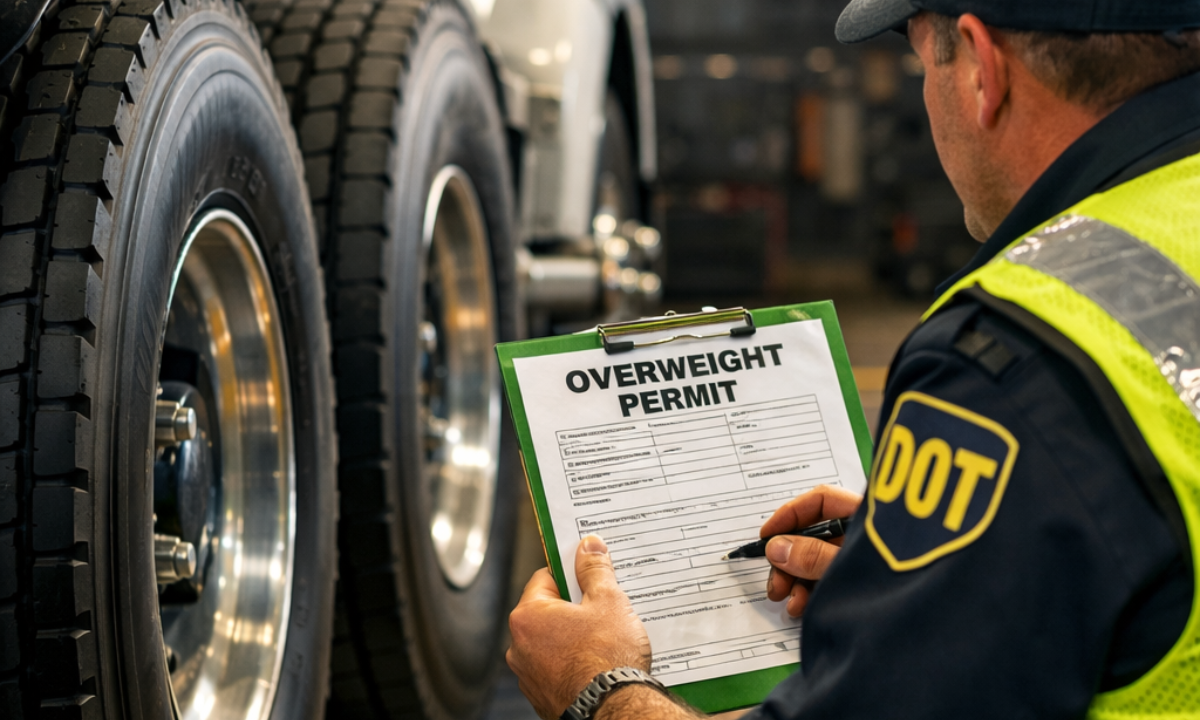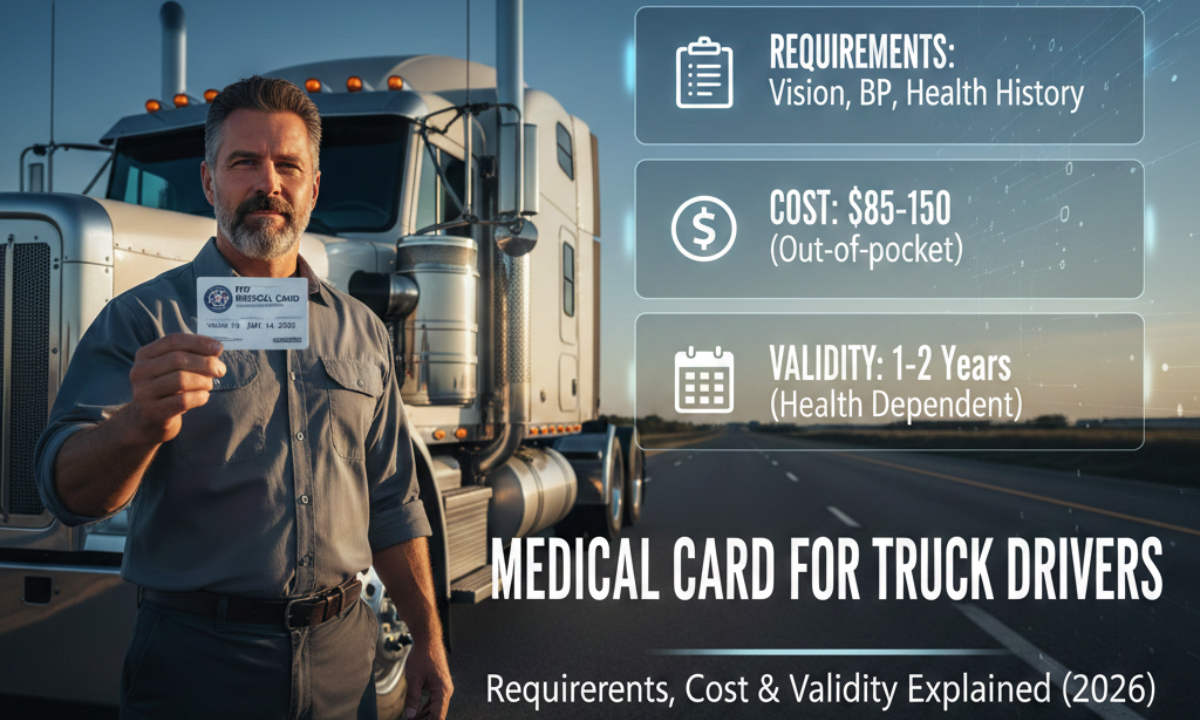Secrets to Interview Prep for Truck Drivers with an SAP Record
Understanding the SAP Program and Its Consequences
The FMCSA Return-to-Duty (RTD) operation on the Substance Abuse Professional (SAP) program enables truck drivers to reclaim their eligibility after having been violated against drugs or alcohol. Most carriers understand that under such a situation, people make mistakes. The most important thing is accountability: successful completion of the SAP evaluation above all. Completers of such SAP programs hold themselves responsible, compliant, and very serious about safety — the most treasured characteristics that employers look for in vetting applicants during an interview.
Breaking the Taboo of SAP in an Interview Setting
SAP history does not eliminate a driver from hiring — it just calls for very careful discussion. The key points that matter to potential employers are safety compliance and reliability. The key to success is likely to be an explanation of how the SAP process has improved personal discipline and safety awareness. Accumulating employer trust is best achieved by an articulation of compliance records and clean post-SAP-testing and ongoing DOT regulation adherence.
Preparation for SAP Interview Questions
Preparing starts with understanding precisely what the employer worries about. Recruiters generally ask about whether the SAP has been completed, whether any follow-up testing was done, and whether there is commitment to sobriety. Drivers must be ready with official SAP documents, results of Return-to-Duty tests, and continued compliance evidence. Everything adds credibility to the dependable professional regarding consistency, timing, and safety-oriented behavior.
Highlighting Strengths Beyond SAP History
These are just some of the skills that employers want to see outside of those past challenges. It is important to show prowess in route planning, logbook accuracy, vehicle inspection, and time management. These include presenting such credentials as HazMat endorsement and TWIC card, as well as Defensive Driving Training, which boosts credibility. The focused telling of performance, punctuality, and accident-free records alludes to growth and commitment to excellence.
Honesty and Transparency
Even in interviews, honesty remains the most critical benefit. Employers always perform background checks through the FMCSA Clearinghouse, thus raising the need for full transparentness. Articulating straightforwardly the circumstances of the past, the SAP procedure processed, and what remedial lessons that were learned contribute to authenticity. Employers regard responsible drivers who have demonstrated a long-term behavioral change, backed by constant clean records.
Restoration of Trusts
Employers need assurance a driver possessing an SAP history will indeed be dependable under stress. Constructed of professional references, a clean driving record, and well-documented evidence of continuous compliance with DOT drug testing requirements, it can also be supplemented by voluntary follow-up courses and substance awareness classes, proving the dedication to safety and restoration of a career.
Professionalism Matters:
This impression must not fade. A sharp appearance, confident communication, and organized documentation make up a well-rounded candidate for an inspiring impression. Carry all relevant CDL credentials, medical certificates, and letters verifying SAP completion. Everything from early-on time to handling oneself professionally shows maturity and willingness to commit to long-haul employment in trucking.
What Second-Chance Carriers Bring
There is a vast array of transportation companies known to be SAP friendly — ones that afford drivers coming from violations a second chance. Such carriers look into experience, honesty, and a proven commitment to betterment. Thus, consultants dealing with SAP placement would make conscription to better the search for job opportunities easier and minimize waiting time for reinstatement.
Technology in Use to Locate SAP-Friendly Jobs
Today’s modern freight platforms or online job boards or even carrier databases match the profiles of their users using to drive qualified SAP-cleared drivers to employers currently on the hunt for newly registered personnel. Uploading verified documents associated with Return-to-Duty authorization and post-treatment compliance reduces hiring lag time and boosts visibility. Updated profiles on any driver recruitment networks open up continual opportunities.
Continuing Interests and Compliance Growth
Beyond employment acquisition, compliance is not negotiable. Employers will have every reason to keep trusting an employee by continuous participation in follow-up testing and observance of FMCSA regulations, as well as refresher safety courses. The reliability, consistency, and commitment to zero violations characterize successful career longevity. Truckers with clean records post-SAP usually climb to higher-paying lanes, dedicated routes, and leadership positions.
Conclusion: Yes, SAP History Could Be a Turning Point toward a New Beginning.
Having an SAP history does not spell the end of a trucking career; it is actually a turning point. Rather, accountability, professional growth, and dedication to safe operations make drivers marketable to today’s employers. Combining all along with preparation transparency, as well as continued compliance, truck drivers would be able to regain former good reputations with lesser chances of being aired their laundry above-sniff. High-paying, stable opportunities in the transportation field will most likely open up in time.
Disclaimer: The information provided in this blog post is for general informational purposes only. While we strive to keep the content accurate and up to date, we do not guarantee its completeness, reliability, or accuracy. Any actions you take based on this information are strictly at your own risk. We are not responsible for any losses, damages, or inconveniences that may arise from the use of this blog.












